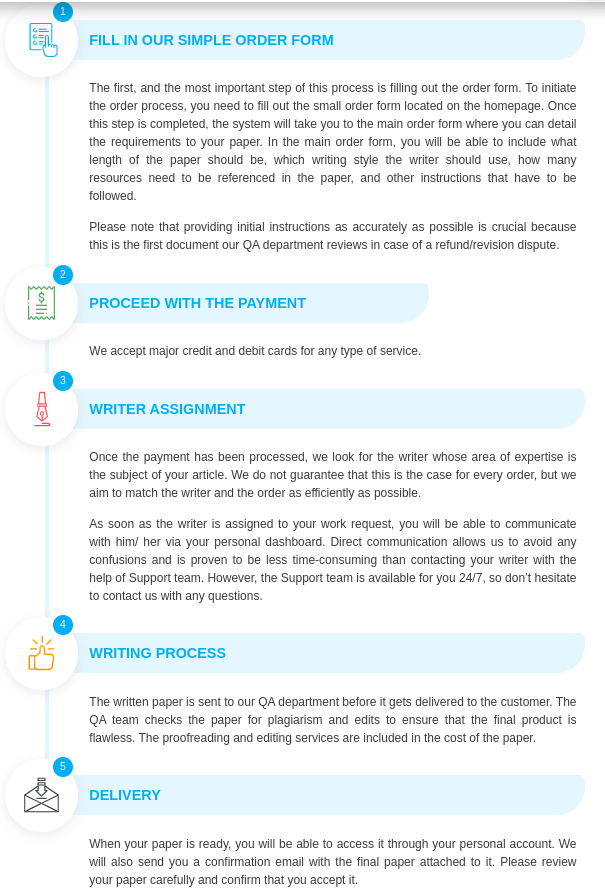NR 506 Week 7 Assignment
APNs as Healthcare Policy Leaders
Purpose
The purpose of this assignment is to discuss healthcare policy of the APN profession and how Transformational Leadership can help to influence policy changes. This week’s assignment focuses on the APN as a Health Policy Leader, one of the nine NONPF NP competencies. Students will analyze how health policy may affect NP practice and how Transformational Leadership can help to influence policy changes.
Activity Learning Outcomes
Through this discussion, the student will demonstrate the ability to:
- Critically analyze how healthcare systems and APRN practice are organized and influenced by ethical, legal, economic and political factors (CO2)
- Demonstrate professional and personal growth concerning the advocacy role of the advanced practice nursing in fostering policy within diverse healthcare settings (CO3)
- Advocate for institutional, local, national and international policies that fosters person-centered healthcare and nursing practice (CO4)
Due Date: Wednesday of week 7 by 11:59PM MST
Initial responses to the discussion topic must be posted by Wednesday 11:59pm MT. Two additional posts to peers and/or faculty are due by Sunday at 11:59pm MT. Students are expected to submit assignments by the time they are due.
A 10% late penalty will be imposed for discussions posted after the deadline on Wednesday of week 7, regardless of the number of days late. NOTHING will be accepted after 11:59pm MT on Sunday (i.e. student will receive an automatic 0).
Total Points Possible: 100
Requirements:
Criteria for Content
- Explanation of how healthcare policy can impact the advanced practice nurse profession
- Explanation of why advocacy is considered an essential component of the advance practice nurse’s role
- Discuss the four pillars of Transformational leadership and the effect it may have on influencing policy change
- A scholarly resource must be used for EACH discussion question each week.
Sample Discussion Post
Explanation of how healthcare policy can impact the advanced practice nurse profession
Healthcare policy can influence the advanced practice nursing role in many ways. At the state level, health policy dictates whether APNs can practice independently with full practice authority. In the state of Illinois, Governor Bruce Rauner signed healthcare legislation in 2017 allowing NPs full practice authority after a certain number of physician supervised clinical hours (Korte, 2017). This decision helps to expand care to vulnerable and underserved populations throughout the state and reduce the burden on primary care physicians. During the Covid 19 pandemic, many states reduced the barriers to NP practice to expand coverage during a time of general need. This decision by lawmakers, meant to expand care and access, was upheld by some states even after the need for care had normalized (Nickitas, 2021).
At the national level, health policy determines coverage for APN’s and other healthcare providers from managed care organizations like Medicare and Medicaid. The Affordable Care Act enacted by President Barack Obama increased access to care for many underserved communities and increased the demand for healthcare providers including Nurse Practitioners (Bin Abdul & Wehby, 2022). This is important as many commercial insurance plans tend to follow their lead when it comes to coverage. States whose lawmakers have voted to allow full practice authority, which reduces restrictions placed on NP practice, report lower care and prescription drug costs (Torre & Drake, 2021).
Explanation of why advocacy is considered an essential component of the advance practice nurse’s role
The role of Nurse Practitioner was developed to increase access to healthcare and improve patient care outcomes. Advocating for patients and quality care is a fundamental of the NP role (Nurse Practitioner advocacy, 2022). It was through advocacy efforts that certain states granted NPs full practice authority. Without increased advocacy efforts, the Nurse Practitioner profession will not be able to expand care to rural and underserved areas or reach full practice authority in every state. To start, Nurse Practitioners need to be educated and involved. By understanding the local practice authority regulations and what the community needs, Nurse Practitioners can work to meet those needs through advocacy (Nelson, 2022). One way that a busy Nurse Practitioner can begin their advocacy efforts is to join nursing special interest groups. This can help increase awareness of issues and changes to the practice regulations. There is strength in numbers. If all Advanced Practice Nurses work together we can achieve the goals set out for the profession and the healthcare delivery system.
Discuss the four pillars of Transformational leadership and the effect it may have on influencing policy change
Transformational leadership is demonstrated by leaders who encourage and motivate their followers to practice at the highest level and meet their goals (Lasrado & Kasum, 2021). Nurse Practitioners can use the four pillars of transformational leadership to advocate for and strengthen the profession. The first pillar is professionalism. Demonstrating professionalism relies on the ability to be self-aware (Denisco & Barker, 2016). Nurse practitioners can demonstrate this attribute by striving to work to the fullest scope of practice while understanding the value and need for other health care providers. Knowing when to increase the level of care to a physician is important and can help build trust for the NP role within the community. Inspiration is the second pillar of transformational leadership. When nurses advocate for the Advanced Practice Nurse role, it is crucial to demonstrate the positive effects that the expansion of this role can have on the healthcare delivery system and on patient care. By focusing on the 3rd pillar, interpersonal relationships, NP’s can develop relationships with physicians, lawmakers, and community advocates to help promote policy change. Business competency, the 4th pillar, is vital in navigating the complex healthcare environment. NP advocates need to understand the health marketplace to further develop our position within.
References
Bin Abdul, Baten, & Wehby, G. L. (2022). Effects of the ACA Medicaid expansions on access and health by nurse practitioner scope of practice laws. Nursing Outlook, 70(2), 228–237. https://doi.org/10.1016/j.outlook.2021.12.011Links to an external site.
Korte, A. (2017). A new law will allow certain nurses in Illinois to practice independently. Illinois Policy. https://www.illinoispolicy.org/Links to an external site.
Lasrado F, & Kassem R. (2021). Let’s get everyone involved! The effects of transformational leadership and organizational culture on organizational excellence. The International Journal of Quality & Reliability Management, 38(1):169-94.
Nickitas, D. M. (2021). Against the Odds: How APNs Shape and Sustain Health of Populations. Nursing Economic$, 39(5), 210–213.
Nelson, M. (2022). There is power in advocacy. The Nurse Practitioner, 47 (2), 9-9. doi: 10.1097/01.NPR.0000806396.40884.00.
Nurse Practitioner (NP) Advocacy and Education: It’s All About Excellence in Health Care! (2022). The Journal for Nurse Practitioners, 18(2):135.
Torre, C., & Drake, S. (2021). Maximizing access to health care in New Jersey: The case for full practice authority.
Our team of expert nursing writers at Nursing Assignment Service can help you with your NR 506 Week 7 Assignment, place your order here.




